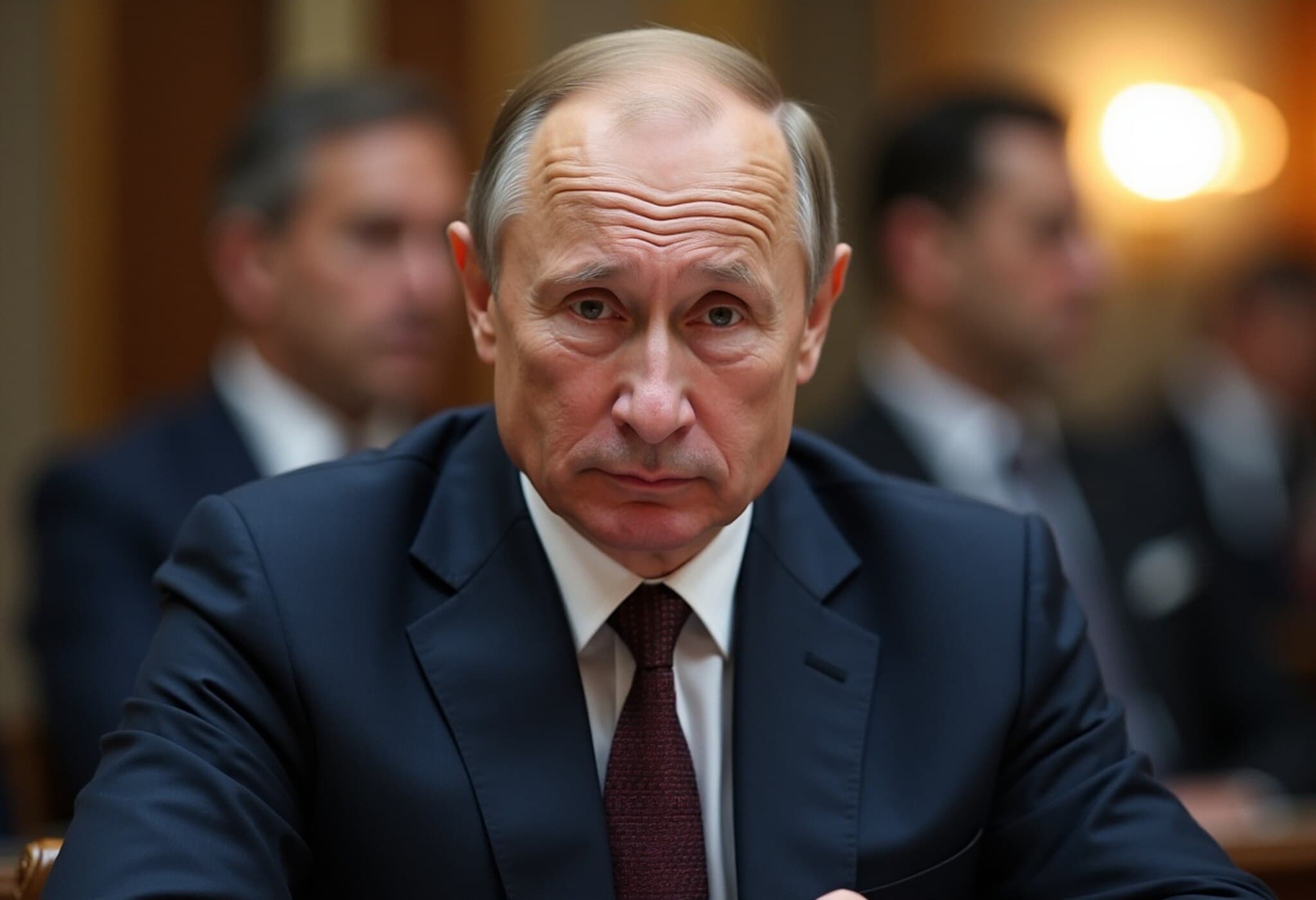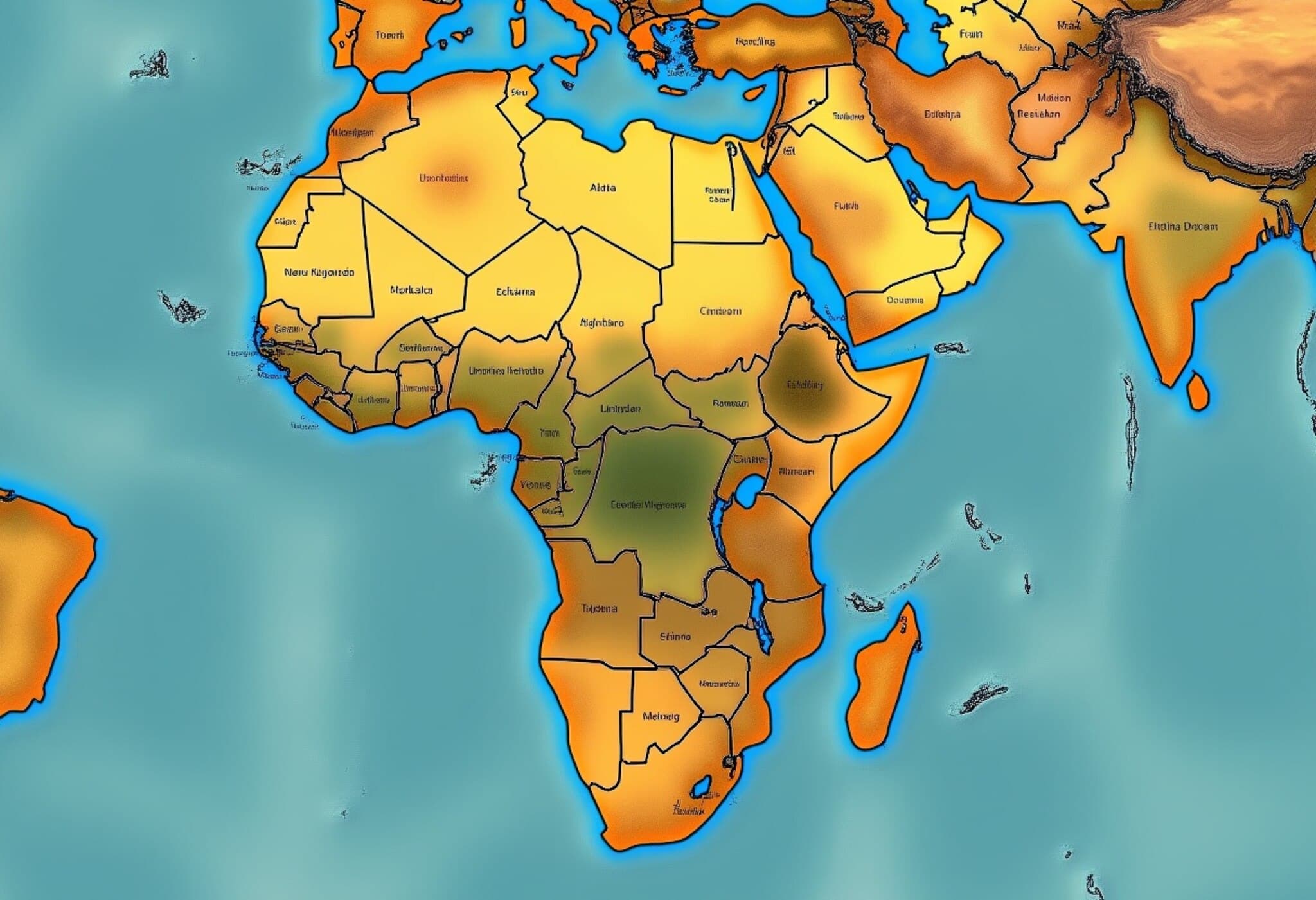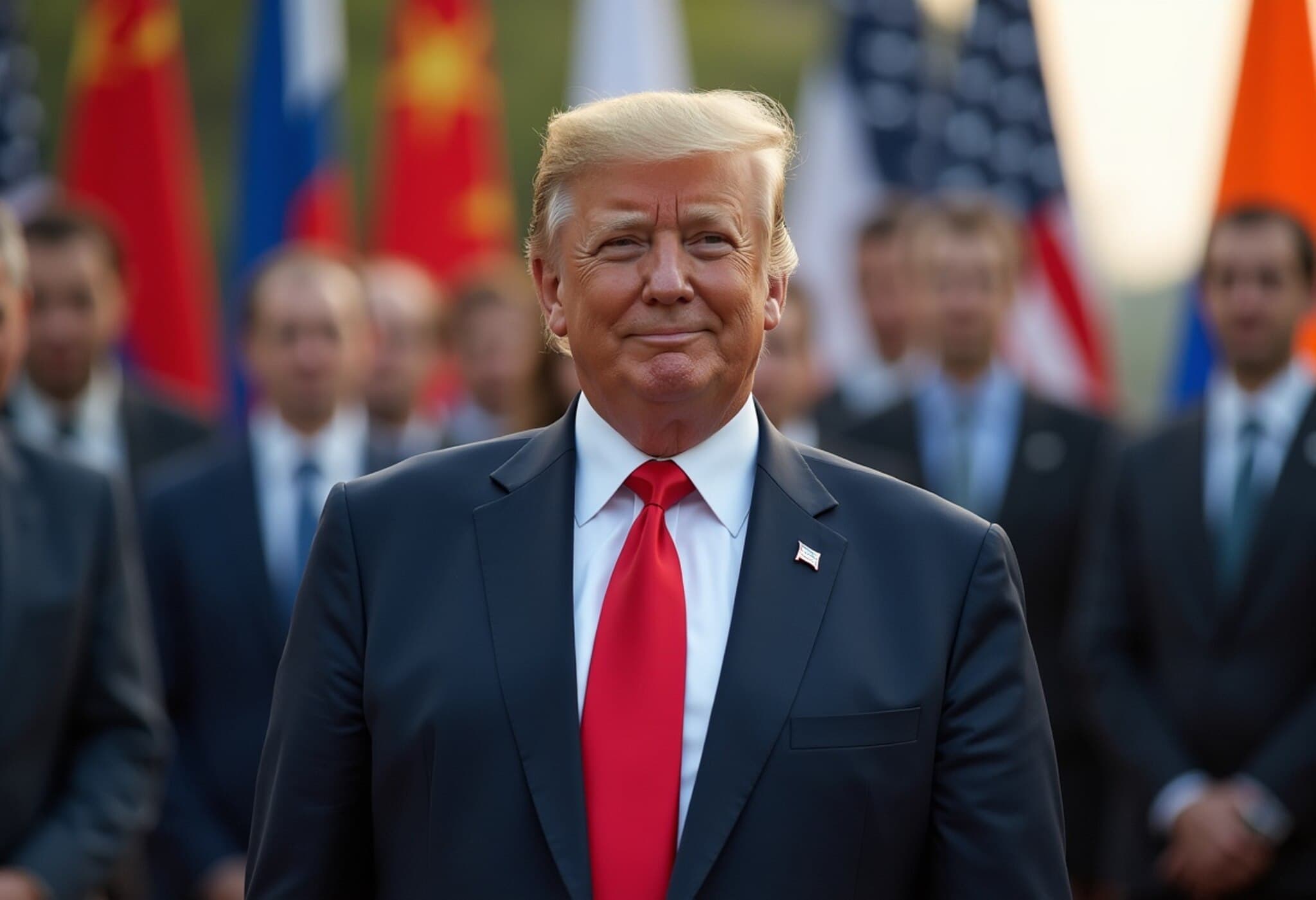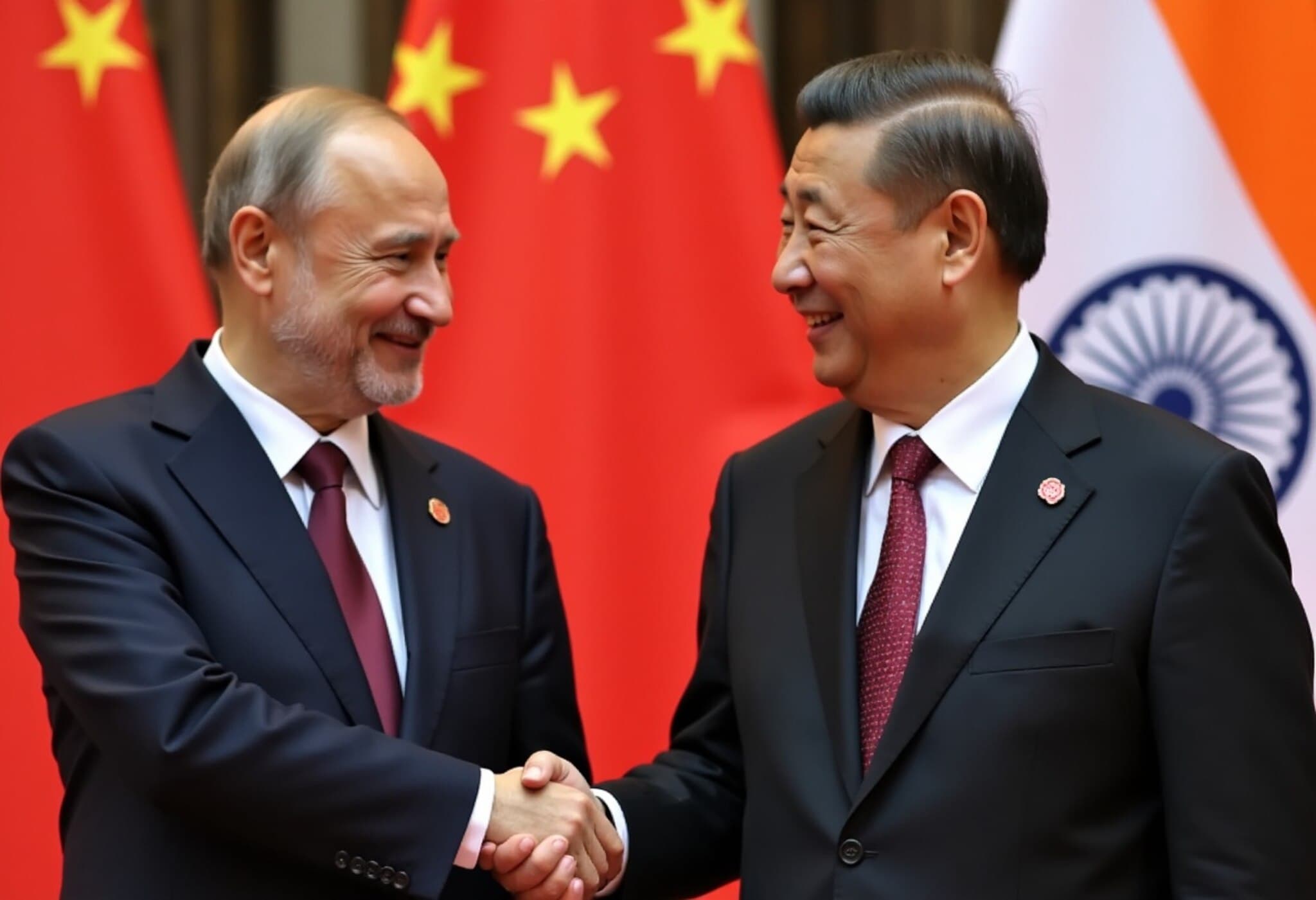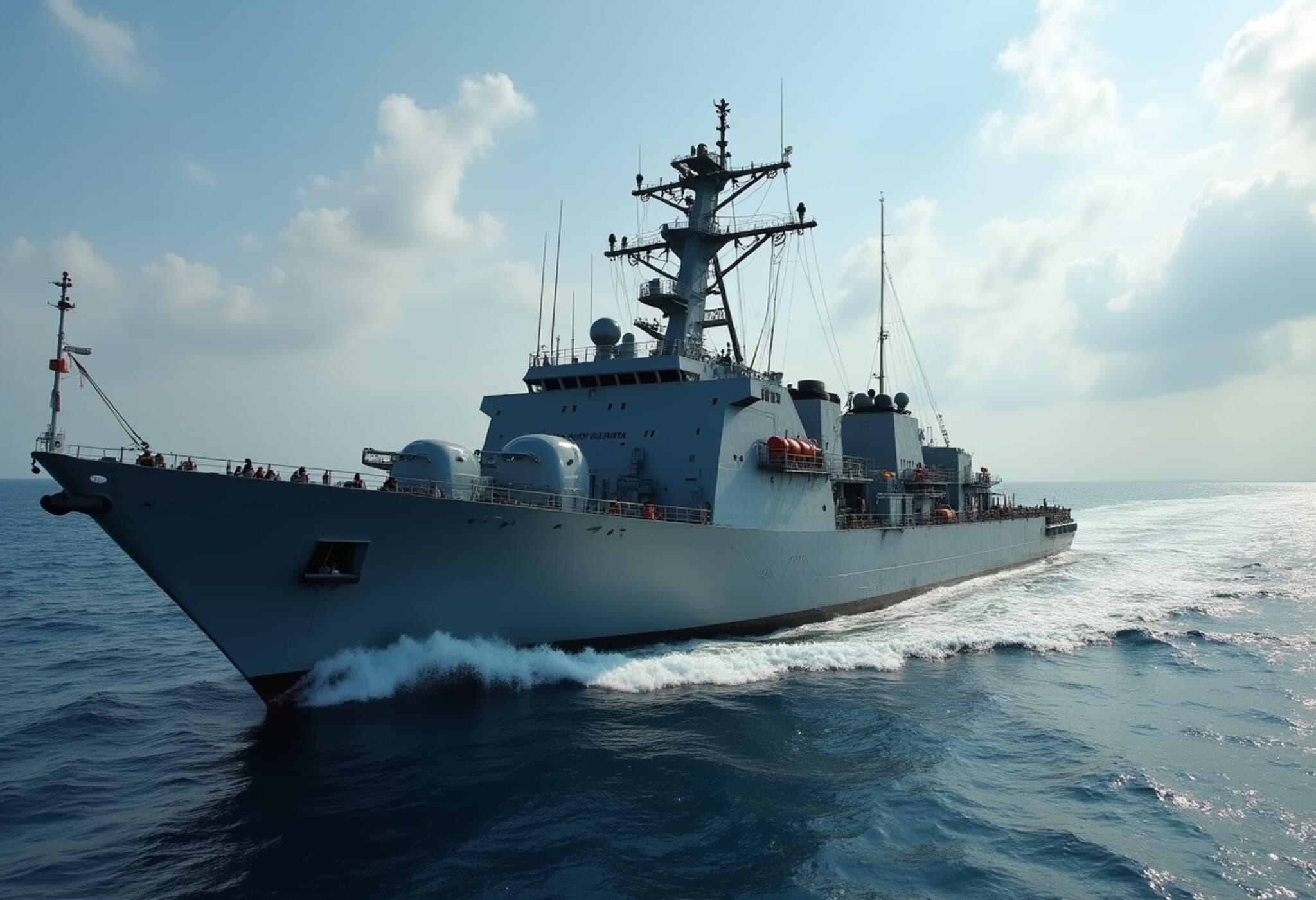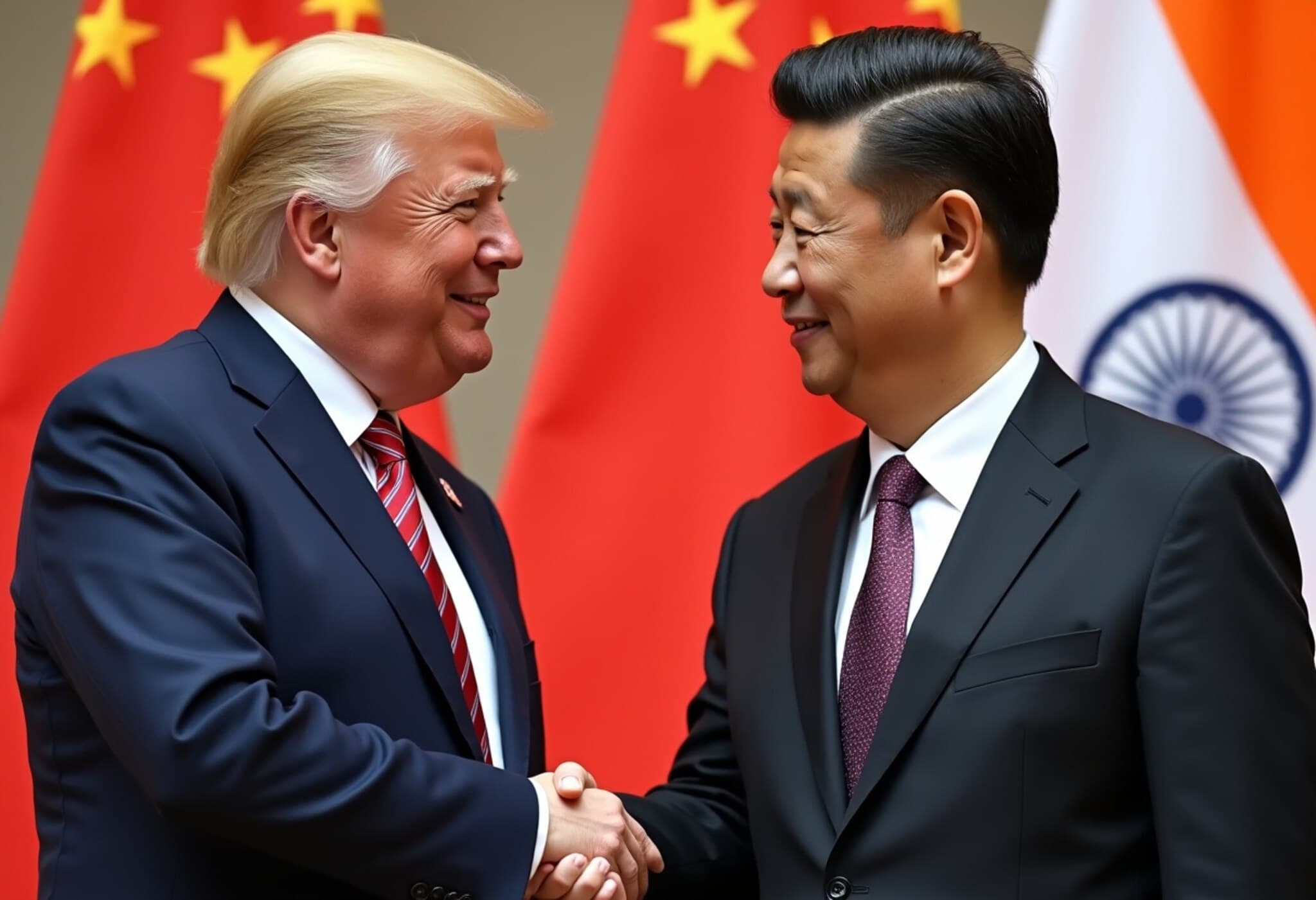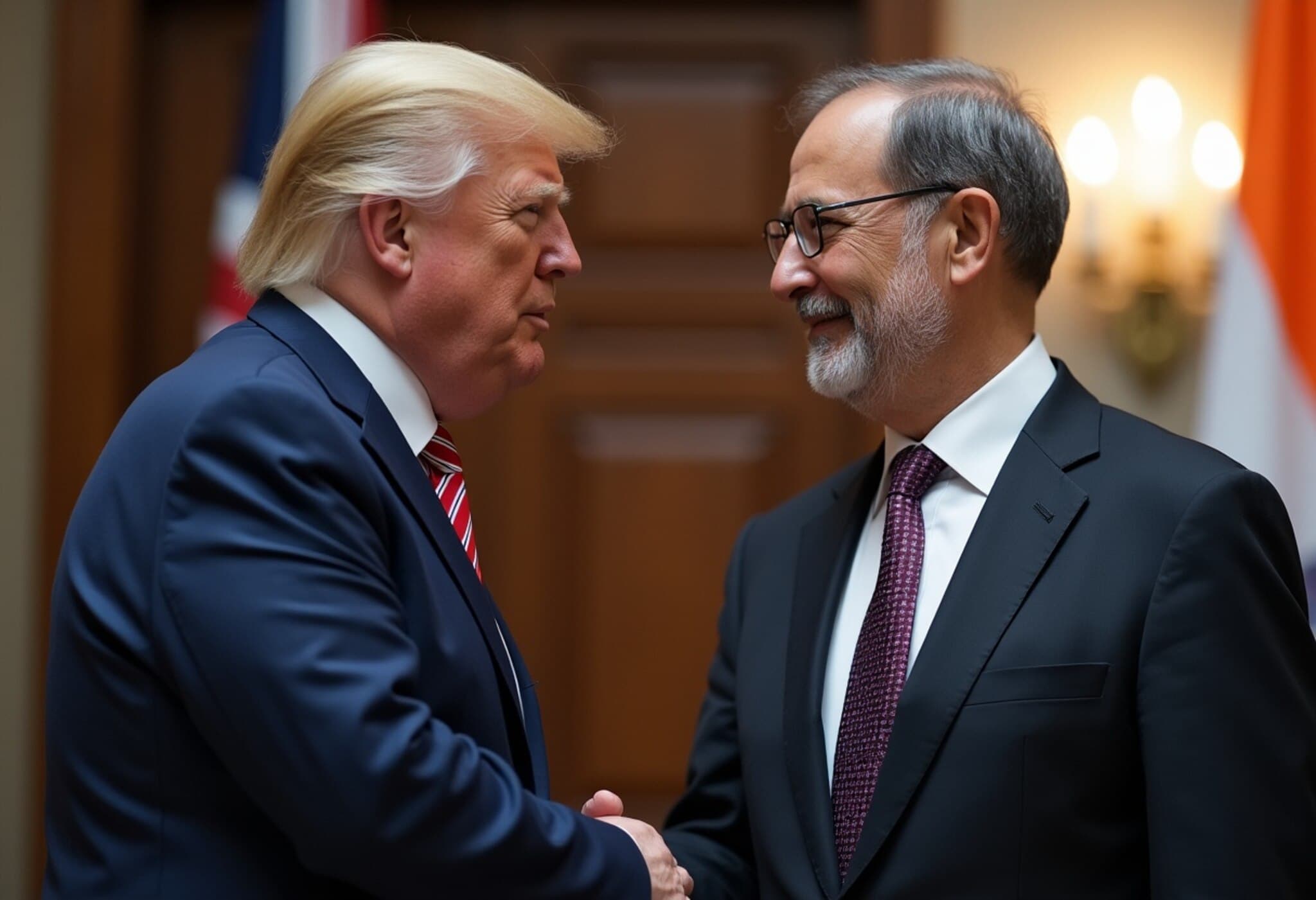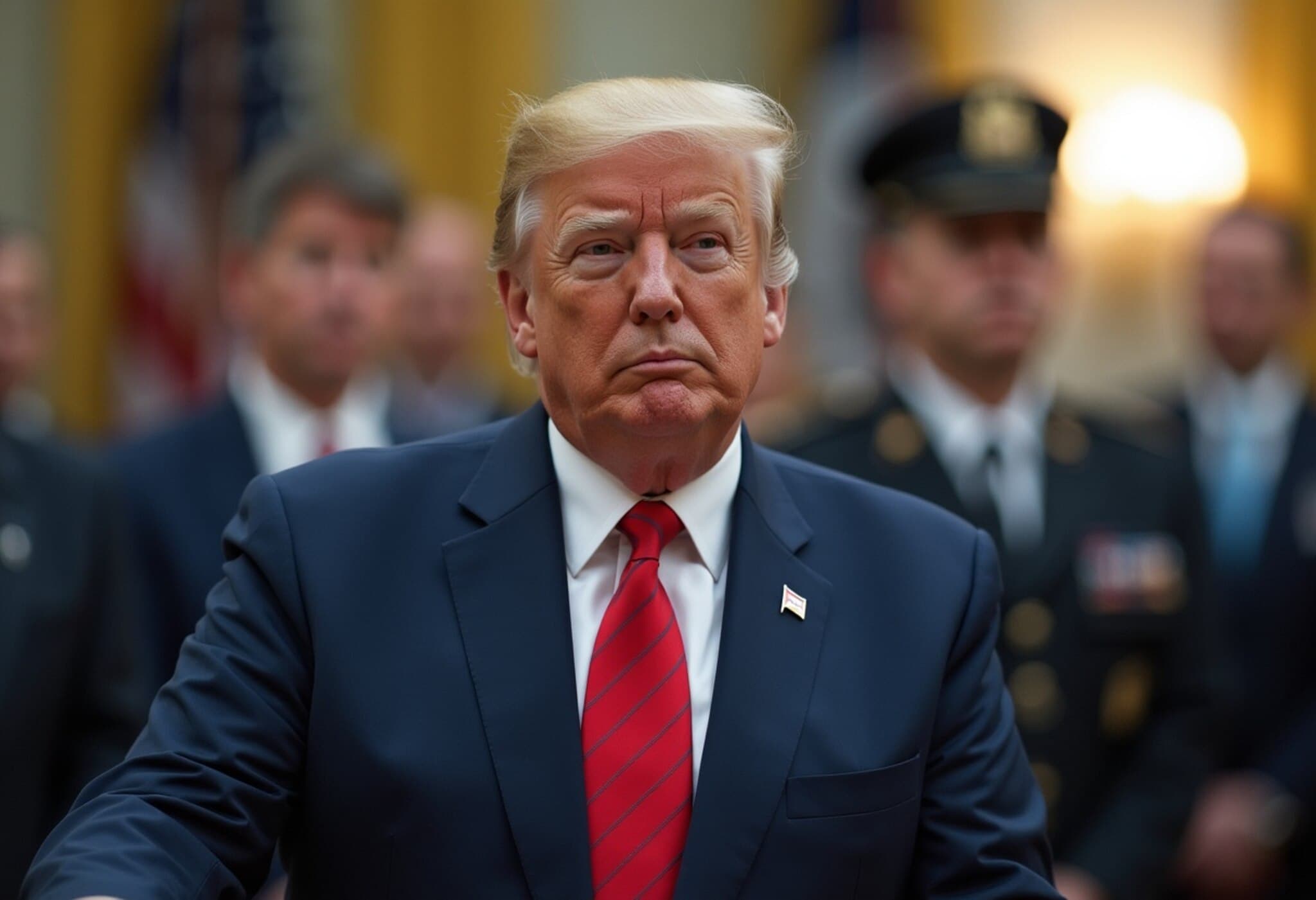Putin Clarifies Stance on Direct Talks with Zelenskyy
Russian President Vladimir Putin recently shed light on why he has yet to engage in direct negotiations with Ukrainian President Volodymyr Zelenskyy. Speaking at the Kremlin, Putin emphasized that while he harbors no personal ill will towards Zelenskyy, certain conditions necessary for a constructive dialogue have not been met.
He remarked, “I have nothing against it in general, it is possible, but certain conditions must be created for this. But unfortunately, we are still far from creating such conditions.” This statement comes days after Zelenskyy publicly expressed his willingness to hold face-to-face talks, underscoring the continued chasm in diplomatic approaches.
Negotiations: A Long Road Ahead
The conflict between Ukraine and Russia has dragged on for over three years, weighing heavily on global geopolitics. Back in June, Putin indicated openness to meeting Zelenskyy, but only at the final stages of negotiations aimed at ending hostilities. This signals that while dialogue remains on the table, the prerequisites for meaningful engagement—likely involving ceasefire conditions or territorial compromises—remain unmet.
Putin’s Upcoming Diplomatic Engagements
Beyond the Ukrainian front, Putin’s foreign visit agenda captures global attention. India is gearing up to host the Russian President before the year closes. India’s National Security Advisor, Ajit Doval, confirmed the visit is slated for late 2025, highlighting India's continuing role as a significant player in balancing Eastern and Western interests amid ongoing international tensions.
Additionally, in a development with profound U.S.-Russia implications, Putin is expected to meet former U.S. President Donald Trump in the United Arab Emirates as soon as next week. Though details remain sparse, such a meeting could influence diplomatic dynamics despite Trump no longer holding office, potentially reflecting Russia's strategy to leverage multiple channels of engagement.
Expert Insights: The Broader Geopolitical Context
This cautious approach by Putin to direct talks reflects a broader strategy rooted in negotiation leverage and geopolitical signaling. By setting specific conditions, Russia maintains a posture of strength, aiming to control the narrative and timeline of conflict resolution.
Meanwhile, Zelenskyy’s open stance appeals to the international community’s desire for peace but faces the challenging reality of deep mistrust and ongoing military clashes.
India’s role as a host signals its increasing diplomatic clout, navigating its strategic partnerships with Russia while fostering ties with the West. This trip underlines New Delhi's delicate balancing act amidst rising global polarization.
Unseen Dimensions and Questions Ahead
- What specific conditions does Russia require before meeting Zelenskyy? These remain opaque but are central to thawing stalemates.
- How might the Putin-Trump meeting affect U.S.-Russia relations? Though unofficial, it could open informal channels or signal shifts in diplomacy.
- What is India’s strategic interest in hosting Putin amid this conflict? This move may underscore India’s desire to assert independent foreign policy decisions.
Conclusion: Patience and Pragmatism in a Fractured World
The pathway to dialogue between Putin and Zelenskyy remains littered with obstacles, reflecting deeper geopolitical fractures that no simple handshake can mend. As global actors like India engage with Russia, and unexpected meetings like Putin and Trump’s are arranged, the international community watches closely—understanding that peace requires not only willingness but also trust, timing, and tangible steps on the ground.
Editor’s Note: This evolving scenario invites us to question the mechanics of international negotiations amid conflict. Can dialogue proceed without foundational trust? What role do third-party countries play in bridging divides? Observing the developments offers valuable insights into how modern diplomacy contends with entrenched conflicts.

